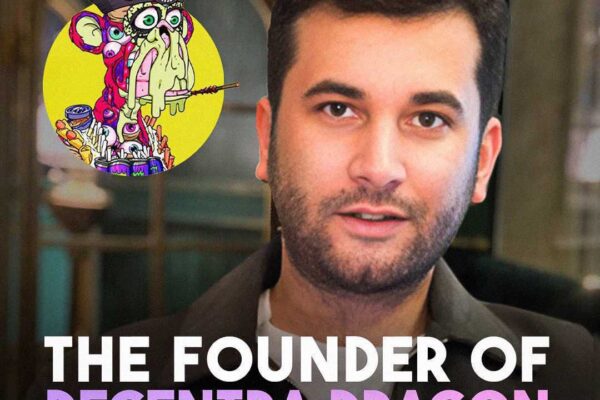Billionaire investor and Dallas Mavericks owner Mark Cuban was the target of a recent crypto hack that led to nearly $900,000 in stolen digital assets. The incident highlights the lingering risks even for savvy crypto investors and serves as a sobering reminder to boost security protocols.
On November 21st, independent blockchain investigator Wazz noticed suspicious activity related to a wallet owned by Cuban that had been inactive for months. This unusual behavior raised red flags, prompting Wazz to investigate further.
Hackers Infiltrate Cuban’s Wallet in Minutes
According to records from Etherscan, the attack was swift and coordinated. Within a span of just 10 minutes, the hackers infiltrated Cuban’s wallet and abruptly drained his crypto holdings.
In total, Cuban lost around $870,000 worth of digital assets, including Ethereum, Lido Staked Ether, SuperRare, Ethereum Name Service, and stablecoins USDC and USDT.
Shortly after the initial breach, the hackers withdrew an additional $2 million in USDC to a separate wallet. Wazz initially speculated that Cuban himself had transferred the funds, but this theory was soon debunked.
Cuban Confirms Hack, Moves Remaining Assets
Speaking to DL News, Cuban confirmed he was hacked after accessing his MetaMask wallet for the first time in months. He implied the hackers likely monitored his online activity and waited for the right time to strike.
In response, Cuban moved his remaining NFTs and crypto holdings to the more secure Coinbase Custody service. This included relocating the $2 million USDC the hackers had transferred, validating it was Cuban’s doing, not the thieves.
Exactly How Hackers Infiltrated Cuban’s Wallet Remains Unclear
While the scale of the crypto theft is known, the precise hacking methodology remains a mystery. Cuban admitted, “I got hacked, but I don’t know how yet.” For now, the hackers responsible remain unidentified and at large with Cuban’s stolen funds. The high-profile target and large haul likely provide enough motivation.
Attack Underscores Lingering Crypto Security Risks
Cuban’s recent experience highlights the ever-present threats in the crypto space, even for tech-savvy billionaires. Cold wallet storage and multifactor authentication provide protection but are not foolproof. As crypto adoption widens, hackers increasingly focus on infiltrating weakly secured wallets and exchanges. Sophisticated phishing scams and malware also pose risks.
Cuban Joins Growing List of Victims
With this breach, Cuban joins other prominent crypto hacking victims like Poly Network ($600 million), Beanstalk ($182 million), and Bitfinex ($72 million). While Cuban had the resources to absorb the $870,000 loss, smaller individual investors often sustained major financial blows from which they cannot recover.
For anyone investing in digital assets, Cuban’s tale offers a vital reminder to take security seriously. Precautions like cold storage, strong, unique passwords, and multi-factor authentication can help thwart potential attacks.
How to Protect Your Crypto Assets from Hackers
- Use a cold wallet or hardware wallet to store assets offline
- Never share private keys or recovery phrases publicly or online
- Enable multi-factor or biometric authentication on accounts
- Avoid public WiFi to access wallets or exchanges
- Use unique complex passwords and change them periodically
- Keep software updated to patch security vulnerabilities
- Be wary of phishing attempts via email or text
- Monitor account activity closely for unauthorized transactions
While risks exist, individuals can take proactive steps to safeguard their holdings. Staying vigilant and utilizing the best security practices helps deter the growing threat of crypto hacks.
Want more? Connect with NFT News
Follow us on Twitter
Like us on Facebook
Follow us on Instagram
*All investment/financial opinions expressed by NFT News are from the personal research and experience of our site moderators and are intended as educational material only. Individuals are required to fully research any product prior to making any kind of investment.

This information is published by the NFT News media team.











